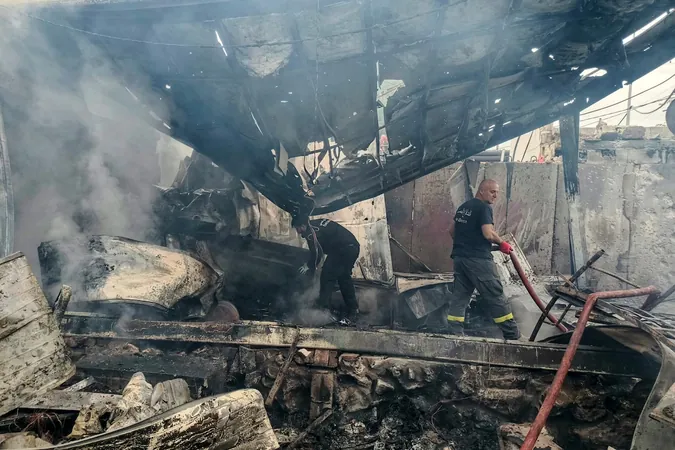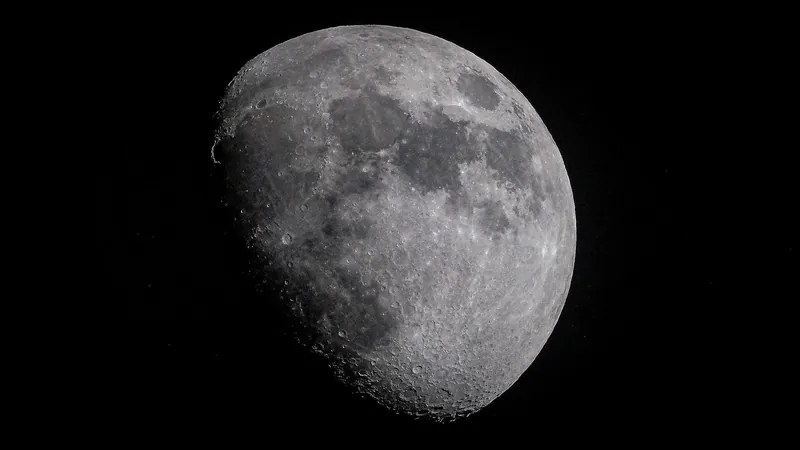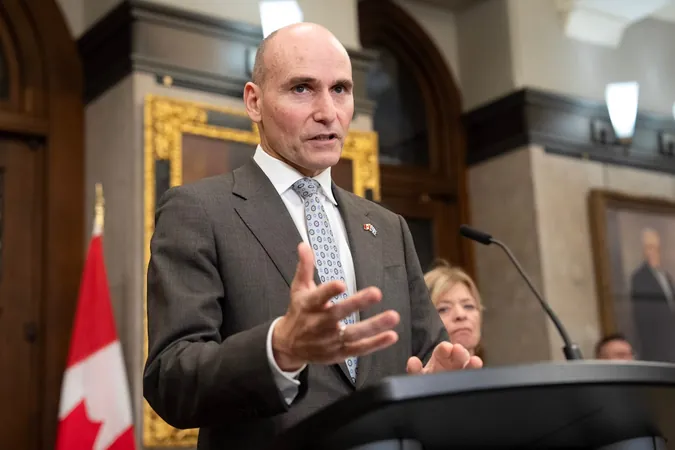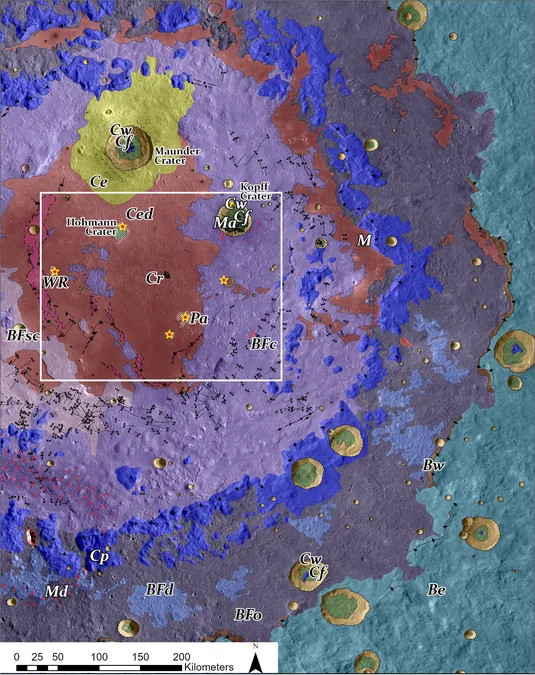
Hezbollah Launches Massive Rocket Barrage Amid Intensifying Israeli Strikes on Lebanon
2024-11-24
Author: Liam
Hezbollah Launches Massive Rocket Barrage Amid Intensifying Israeli Strikes on Lebanon
In a dramatic escalation of violence in the region, Hezbollah fired over 185 rockets and projectiles into Israel on Sunday, resulting in injuries to seven individuals. This attack marks the group’s most intense response in recent days, following devastating Israeli airstrikes on Beirut that left dozens dead.
Reports indicate that an Israeli strike on a Lebanese military center claimed the life of one soldier and injured 18 others along the southwestern coastal route between Tyre and Naqoura. The Israeli military expressed regret for the incident, indicating it was part of ongoing combat operations against Hezbollah, and reassured that its actions were exclusively directed toward militant threats. These hostilities are under ongoing examination.
Since the onset of the current conflict, which erupted in the aftermath of Hamas' unexpected assault on October 7, 2023, over 40 Lebanese soldiers have reportedly lost their lives in Israeli strikes, highlighting the perilous situation for Lebanon’s military, which has largely refrained from direct engagement.
Lebanon's caretaker Prime Minister, Najib Mikati, condemned the latest Israeli strike as a blatant attack on ongoing U.S.-led efforts to establish a ceasefire. He characterized it as a "bloody message" intended to undermine diplomatic negotiations aimed at calming the escalating war.
Hezbollah initiated its retaliatory campaign after the conflict in Gaza escalated, framing their military actions as a show of solidarity with Hamas and the Palestinian cause. Iran's backing of both Hezbollah and Hamas underscores the complexity of the situation, which has quickly spiraled into a larger regional conflict.
As violence surged, Israel conducted retaliatory airstrikes against Hezbollah, further igniting the situation. The recent conflict was exacerbated by the killing of Hezbollah’s high-ranking leaders, including top commander Hassan Nasrallah, during Israeli attacks in September.
Israeli military sources confirmed that some of the rockets launched on Sunday were intercepted. In northern Israel, Magen David Adom, the national emergency service, reported treating multiple casualties, which included a severe injury to a 60-year-old man amidst persistent sirens and chaos.
The airstrikes on Beirut weren’t limited to just military targets. The devastation was catastrophic, with Israeli bombings reportedly killing at least 29 individuals and injuring 67 others over the weekend, according to Lebanon’s Health Ministry. As destruction ripped through Beirut, Israeli forces focused on key Hezbollah command centers in the Dahiyeh suburb, exacerbating the humanitarian crisis that has already seen over 3,700 Lebanese fatalities since the escalation began.
The war has led to over 1.2 million people being displaced—significant considering that this number represents nearly one-quarter of Lebanon’s total population. On the Israeli side, around 90 soldiers and nearly 50 civilians have lost their lives, with significant displacement occurring in the northern regions of Israel.
International diplomatic efforts are in full swing, as the Biden administration continues to push for a ceasefire in the face of mounting casualties. U.S. envoy Amos Hochstein visited the region recently to facilitate discussions, while the European Union's top diplomat, Josep Borrell, has called for increased pressure on both Hezbollah and Israel to reach a peaceful resolution.
The proposed deal involves bolstering the Lebanese military with EU funding to ensure stability in the south and ideally lead to the withdrawal of Hezbollah and Israeli troops below the Litani River. The plan aims to establish a security framework involving the Lebanese army and U.N. peacekeepers, though experts warn that Lebanon's military lacks the capacity to effectively manage or counter Hezbollah's influence.
As the situation continues to unfold, both sides seem entrenched in their positions, raising concerns about further escalation and the harsh humanitarian toll it will extract on civilians caught in the crossfire. The world watches closely, hoping for a resolution that can restore peace to a region that has suffered immensely from cyclical violence.









 Brasil (PT)
Brasil (PT)
 Canada (EN)
Canada (EN)
 Chile (ES)
Chile (ES)
 España (ES)
España (ES)
 France (FR)
France (FR)
 Hong Kong (EN)
Hong Kong (EN)
 Italia (IT)
Italia (IT)
 日本 (JA)
日本 (JA)
 Magyarország (HU)
Magyarország (HU)
 Norge (NO)
Norge (NO)
 Polska (PL)
Polska (PL)
 Schweiz (DE)
Schweiz (DE)
 Singapore (EN)
Singapore (EN)
 Sverige (SV)
Sverige (SV)
 Suomi (FI)
Suomi (FI)
 Türkiye (TR)
Türkiye (TR)